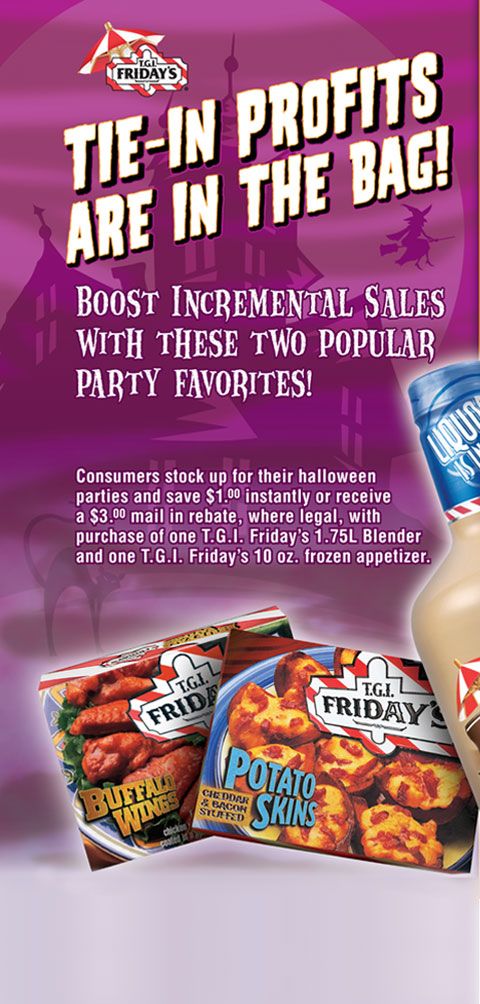Biotics Branding: How to Market Gut Health for Consumer Appeal

In recent years, gut health has emerged as a cornerstone of overall wellness, capturing the attention of health-conscious consumers worldwide. With an increasing body of research underscoring the gut microbiome's role in digestion, immunity, and even mental health, the demand for food and beverage products, as well as supplements that support gut health, has skyrocketed.

Introduction: The Rise of Gut Health Awareness
This surge in interest presents a golden opportunity for brands in the biotics industry – including those specializing in probiotics, prebiotics, and synbiotics – to connect with an eager audience.
Understanding the Target Audience
The typical consumer interested in gut health products is well-informed, health-conscious, and proactive about their wellbeing. They range from millennials to older adults, all united by a common goal: enhancing their health through informed dietary choices. Their primary concerns include digestive health, immune system support, and the prevention of chronic diseases, driving them towards products that promise these benefits.
The Science of Gut Health: Simplifying Complex Concepts
Effective biotics branding hinges on demystifying the science of gut health. Brands must translate complex biological processes into relatable benefits that resonate with consumers. By emphasizing how biotics support a balanced gut microbiome, enhance digestion, and bolster immunity, companies can make the science of gut health accessible and engaging.
Biotics Branding Strategies: Crafting Compelling Narratives
Storytelling is a powerful tool in the biotics branding arsenal. Successful brands weave compelling narratives that connect with consumers on an emotional level, making the benefits of gut health products both understandable and desirable. Visuals play a crucial role as well, with clean, appealing packaging and imagery that reflect the product's health benefits and purity.
Marketing Channels and Strategies: Digital Frontiers
Digital marketing stands at the forefront of effective strategies for promoting gut health products. SEO-optimized content that ranks for "gut health," "probiotics," "prebiotics," "synbiotics," "food and beverage," and "supplements" can attract organic traffic from consumers seeking information on gut health. Social media platforms and influencer partnerships extend a brand's reach, engaging consumers through educational content, testimonials, and interactive discussions.
Case Studies: Lessons from Successful Brands
Examining the strategies of brands that have successfully penetrated the gut health market offers invaluable insights. These case studies reveal the importance of clear messaging, scientific backing, and consumer education in building trust and credibility. Brands that have mastered the art of conveying the benefits of biotics while navigating regulatory landscapes set a benchmark for the industry.
Challenges and Solutions: Navigating Consumer Skepticism
One of the primary challenges in marketing gut health products is overcoming consumer skepticism. Transparency about ingredients, benefits, and scientific evidence is non-negotiable. Additionally, brands must be mindful of regulatory guidelines governing health claims, ensuring that all marketing materials are compliant and substantiated.
Conclusion: The Path Forward for Biotics Branding
As the gut health trend continues to flourish, brands equipped with a deep understanding of their audience, a commitment to education, and innovative marketing strategies are poised for success. By prioritizing transparency, engaging storytelling, and robust digital marketing efforts, companies can not only tap into the growing demand for biotics but also play a pivotal role in enhancing public health.
FAQ's For Biotics
Q: What Are Biotics, and How Do They Benefit Gut Health?
A: Biotics refer to probiotics, prebiotics, and synbiotics. Probiotics are live beneficial bacteria, prebiotics are fibers that feed these bacteria, and synbiotics are a combination of both, designed to support a healthy gut microbiome. They benefit gut health by enhancing digestion, boosting the immune system, and potentially improving mood and cognitive function.
Q: Can Biotics Help with Specific Digestive Issues?
A: Yes, biotics can help manage specific digestive issues such as irritable bowel syndrome (IBS), constipation, and bloating by balancing the gut microbiome. However, it's important to consult a healthcare provider for personalized advice and treatment options.
Q: How Can I Choose the Right Biotic Supplement?
A: When choosing a biotic supplement, look for products with scientifically backed strains of bacteria, adequate CFUs (colony-forming units), and prebiotics to support bacterial growth. Consider your specific health needs and seek products tailored to those concerns. Reading labels and researching brands for quality and efficacy is also recommended.
Q: Are There Any Side Effects to Taking Biotic Supplements?
A: Biotic supplements are generally safe for most people, but some may experience mild side effects such as gas, bloating, or discomfort, especially when starting a new supplement. These symptoms usually subside as the body adjusts. If you have underlying health conditions or are taking other medications, consult a healthcare professional before starting any new supplement regimen.
Q: How Can Diet Influence Gut Health Apart from Taking Supplements?
A: Diet plays a crucial role in gut health. Consuming a diverse diet rich in whole foods, fibers, fruits, vegetables, and fermented foods can naturally support a healthy gut microbiome. Reducing the intake of processed foods, sugars, and unhealthy fats is also beneficial for maintaining gut balance and overall health.
Top 5 Trends for Biotic Sales & Marketing
Here are the top 5 trends for sales and marketing of biotics (probiotics, prebiotics, and synbiotics) in both consumer and trade channels:
-
Personalization and Customization: One of the leading trends is the move towards personalized nutrition, offering consumers biotic products tailored to their specific health needs and preferences. Brands are utilizing data and AI technologies to recommend customized supplement regimes or even develop personalized products.
-
Educational Marketing: Given the complexity of gut health and the science behind biotics, brands are increasingly focusing on educational marketing strategies. This involves creating informative content, such as blog posts, webinars, and social media content, to educate consumers about the benefits of biotics and how they work.
-
Sustainability and Transparency: Consumers are becoming more conscious of sustainability and the origin of the products they consume. Biotics brands are responding by adopting more transparent practices, highlighting their sourcing, production processes, and environmental impact. This also includes using eco-friendly packaging and supporting local communities.
-
Innovative Product Formats: Beyond traditional capsules and powders, there's a growing trend towards offering biotics in innovative formats, such as gummies, beverages, and even foods infused with probiotics and prebiotics. These alternative formats cater to consumer demand for convenience and variety.
-
Digital and Direct-to-Consumer (D2C) Channels: The rise of online shopping has led biotics brands to strengthen their digital presence and invest in direct-to-consumer sales channels. This not only includes e-commerce platforms but also social media sales, subscription services, and personalized online consultations to improve customer engagement and loyalty.
These trends reflect the evolving landscape of the biotics market, where consumer education, personalization, and digital engagement are becoming key factors in driving growth and loyalty in the sector. Brands that adapt to these trends by offering high-quality, sustainable, and consumer-friendly products are likely to succeed in the competitive biotics space.
Our Work

In-Store Deliverables
In-store deliverables can take many forms. Case cards, pallet wraps, couponing, etc.

Tie-Ins
Tie-ins leverage the strengths of each brand to increase sales and customer loyalty. By combining two products that are often used together or consumed at the same time, companies can increase the perceived value of both products and attract new customers who may not have been interested in one product alone.

Trade Brochure
A significant task to act as the hub of creative and trade related activities for all North American spirits whosalers.
- Copyright © 2022 Linear SC, Inc. | Website Design, Development & Support: PowerPro Live